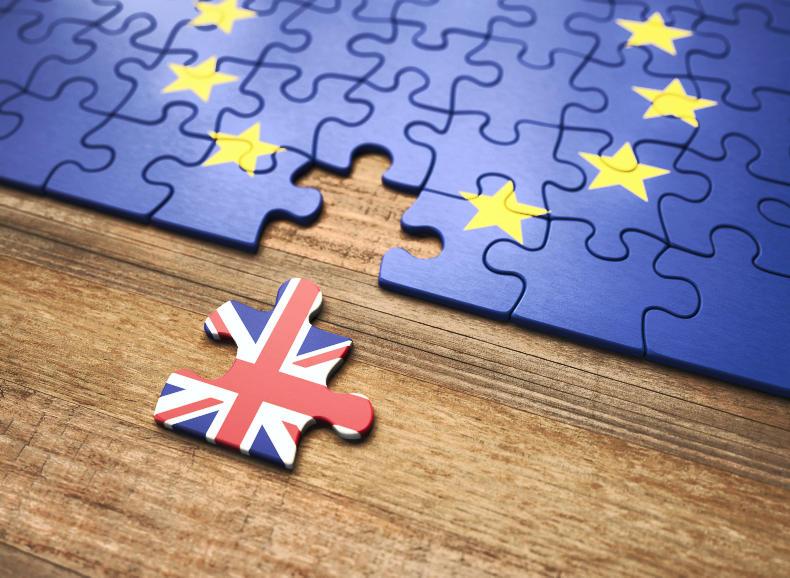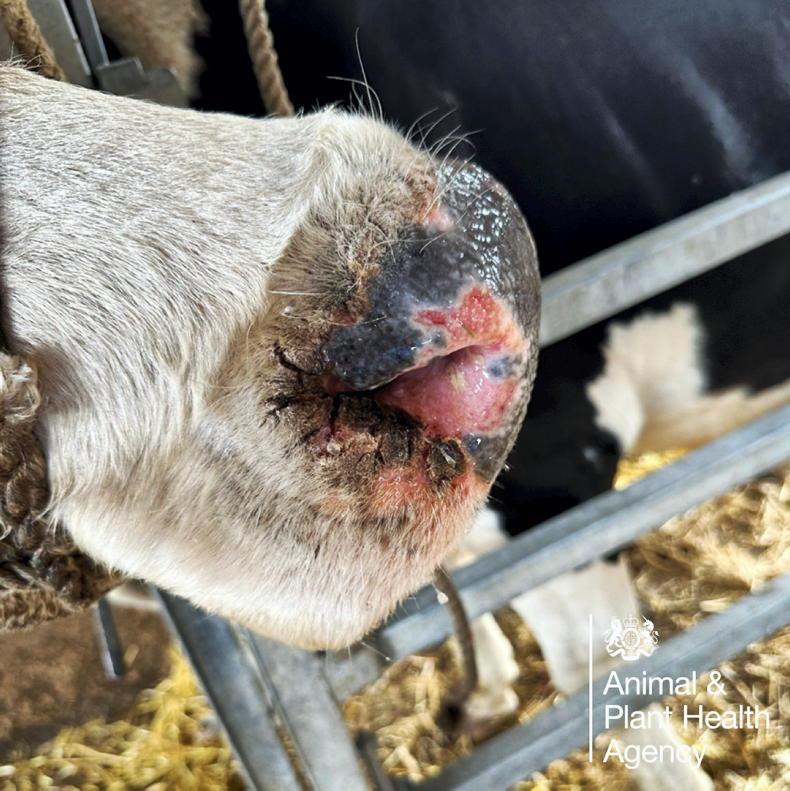The EU and UK reached a withdrawal agreement, which, if it secures the support of the UK parliament, means the UK will leave the EU on 31 October.
If that happens, a transition period begins during which the EU and UK will negotiate a future trading relationship (FTR) and this phase is scheduled to run until the end of 2020.
?????????? Where there is a will, there is a #deal - we have one! It’s a fair and balanced agreement for the EU and the UK and it is testament to our commitment to find solutions. I recommend that #EUCO endorses this deal. pic.twitter.com/7AfKyCZ6k9
ADVERTISEMENT— Jean-Claude Juncker (@JunckerEU) October 17, 2019
For that period, farmers on the island of Ireland and Britain will see no change in their trading arrangements, meaning that Northern Ireland milk and sheep can continue coming south for processing and pigs can continue going the other way.
What was agreed today?
Northern Ireland will remain aligned to a limited set of rules related to the EU's single market in order to avoid a hard border.
These rules will apply to goods, sanitary rules for veterinary controls (SPS rules), rules on agricultural production/marketing, VAT and excise in respect of goods, and state aid rules.
This avoids a hard customs border on the island of Ireland, but also ensures that Northern Ireland remains part of the UK's customs territory, while protecting the integrity of the EU's single market and customs union.
Northern Ireland Assembly
The EU and UK have agreed to create a new mechanism on consent. The Northern Ireland Assembly, after fours years of the new protocol being in place, will vote on whether to continue to apply the relevant EU law in Northern Ireland. The vote will be by a simple majority.
Press conference by @MichelBarnier - Chief negotiator for Article 50 Negotiations with the UK#Brexit https://t.co/8chEnmu8TQ
— European Commission ???? (@EU_Commission) October 17, 2019
What happens now?
This deal is just one step on the journey.
What happens at the end of 2020 will be determined by the outcome of negotiations on the future trading relationship, which will be the ultimate and long-term relationship between the EU and the UK as a third country.
Various models are speculated on, with an enhanced version of the trade deal between the EU and Canada the one most talked about.
Something like this would mean virtually all trade between the EU and UK would be done on a tariff-free basis, but, as with Canada, there would be border checks from a customs and regulatory standards perspective.
Of course, this wouldn’t apply to trade on the island of Ireland, as Northern Ireland would remain aligned with EU customs regulatory standards.
Port checks
It will therefore mean checks at Irish and UK ports for trade between Ireland and Britain, unless the future trading relationship negotiation concludes with full UK alignment with EU customs and regulatory standards.
That would be the best outcome for farmers - short of EU membership itself - but would hinder the UK developing an independent trade policy.








SHARING OPTIONS